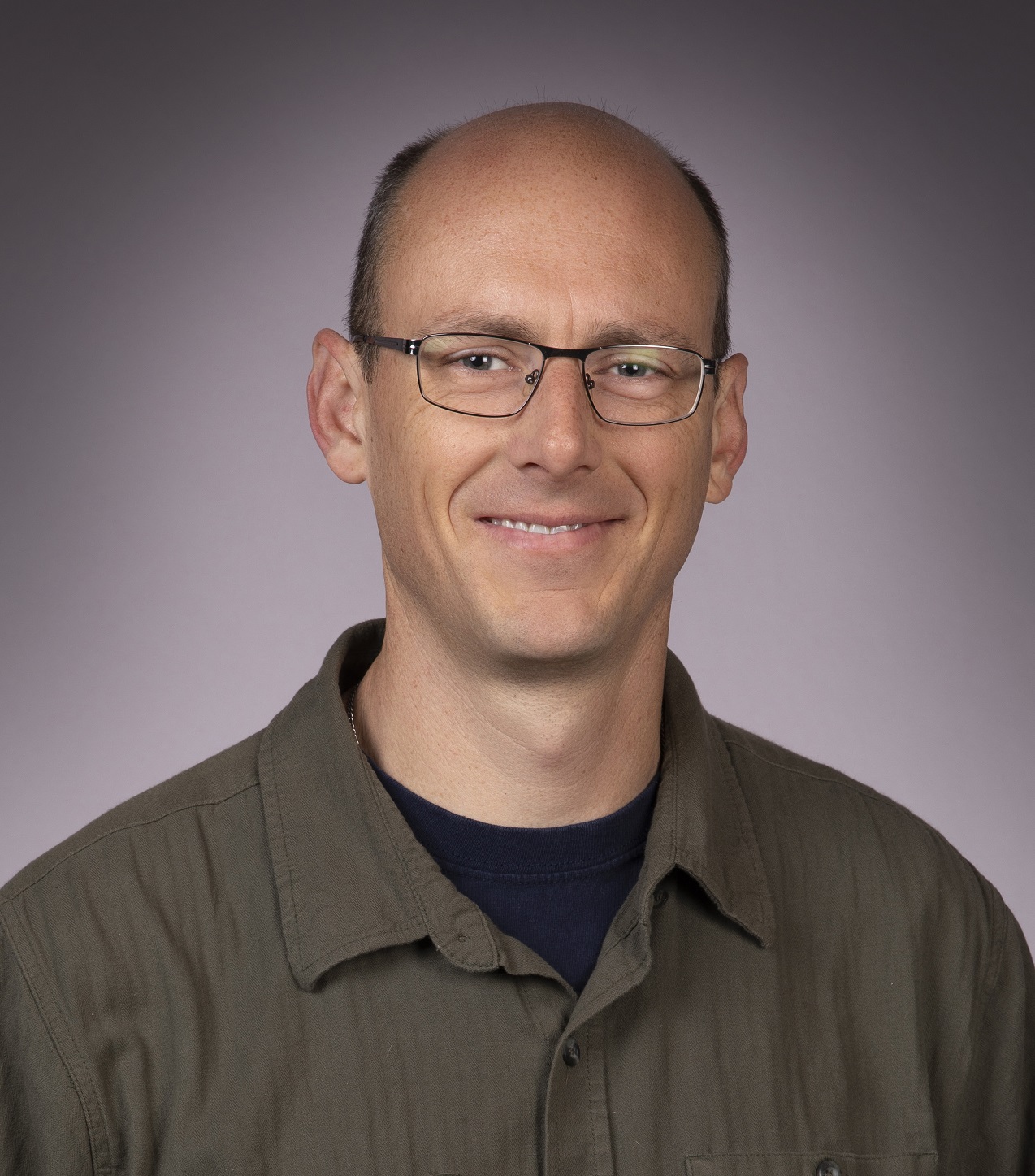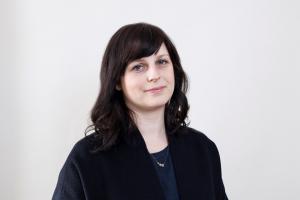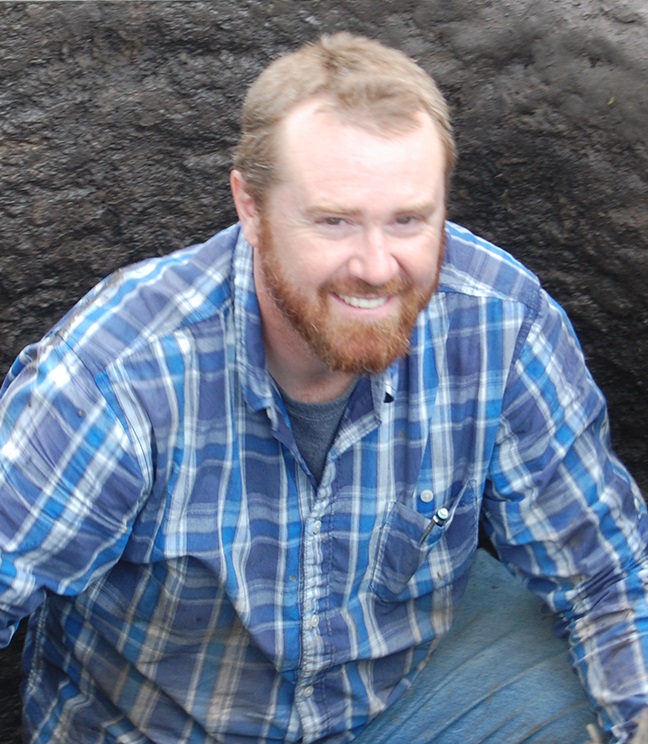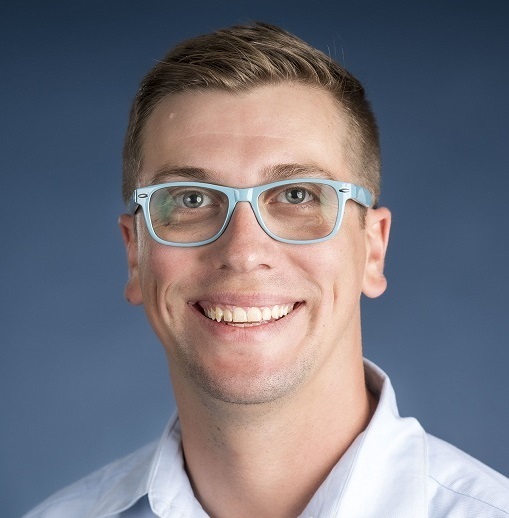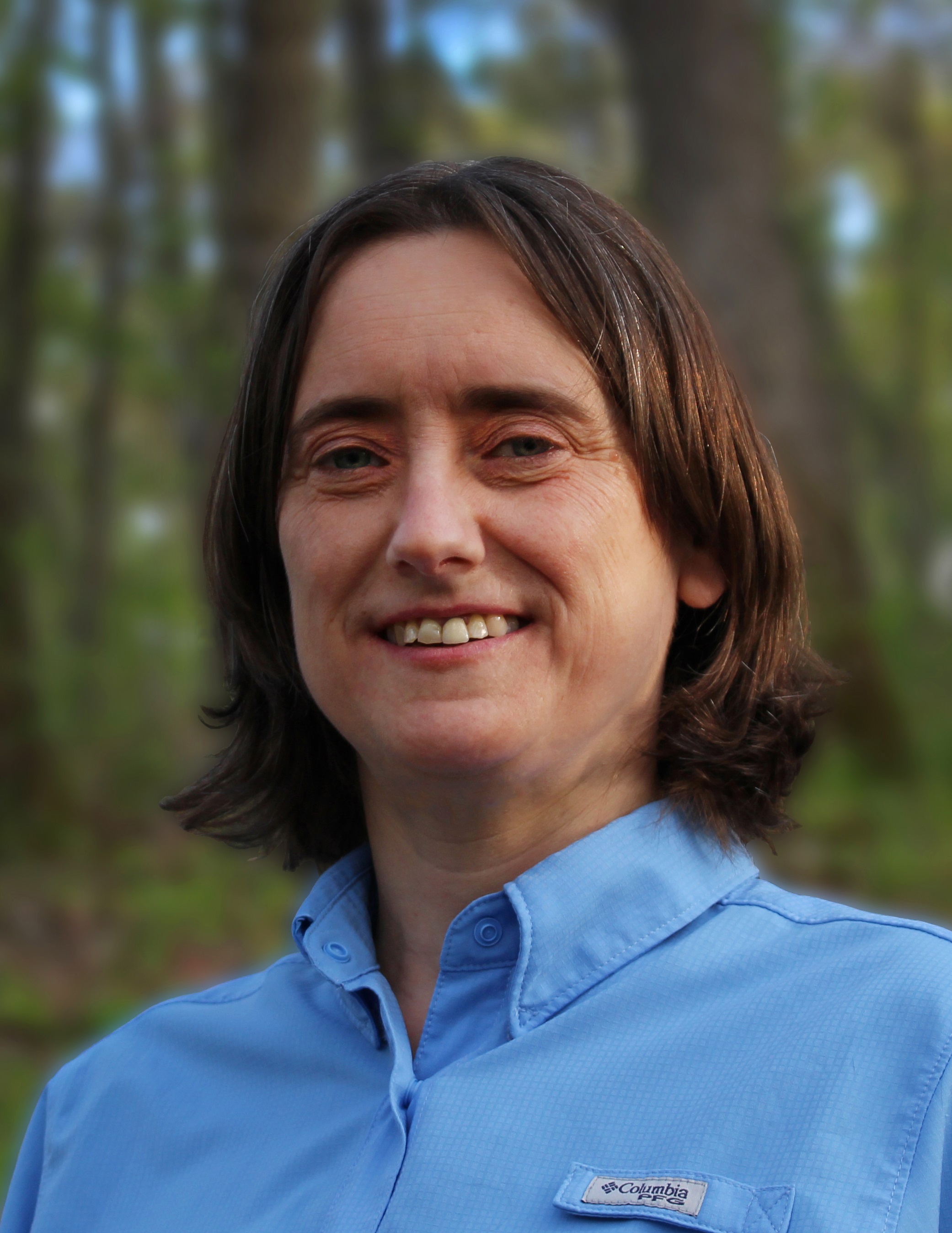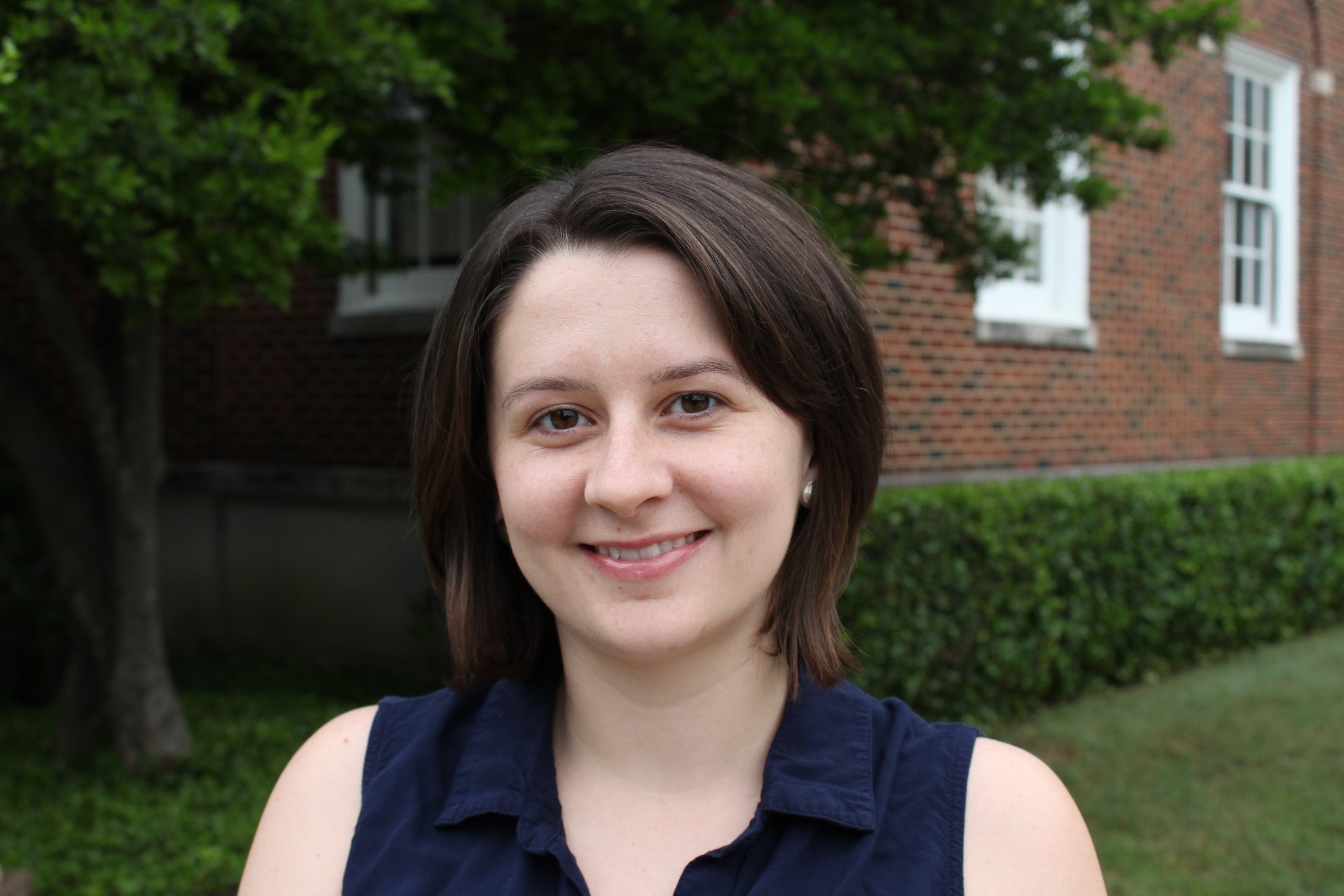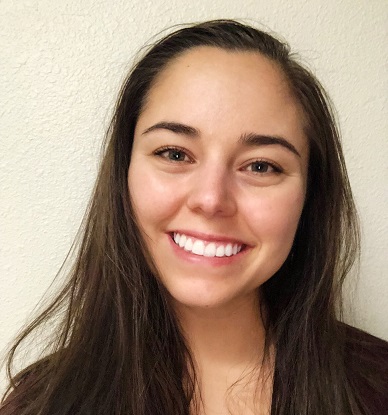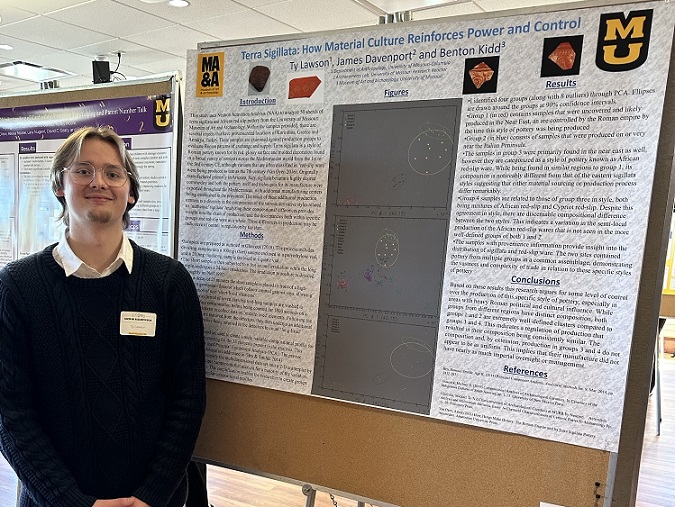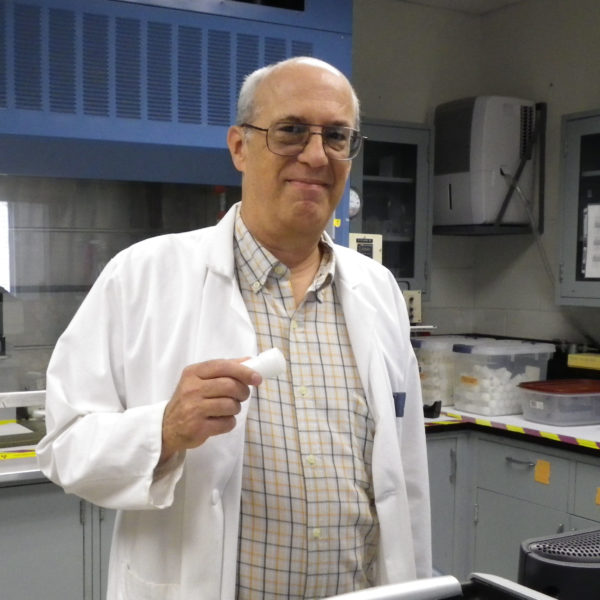Alexis Cornett
Undergraduate Student
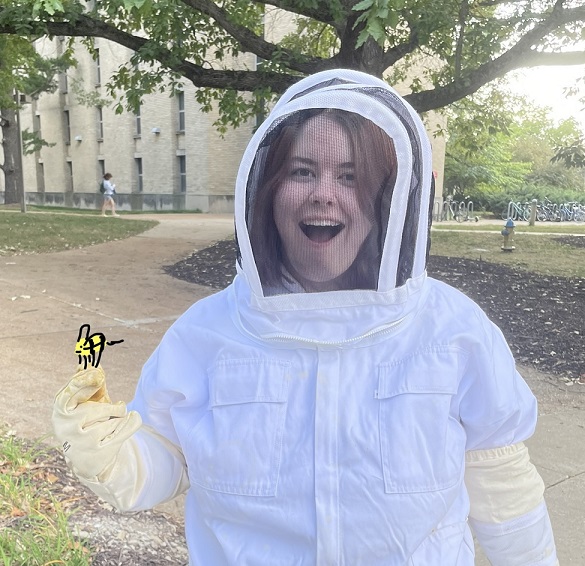
Alexis is a third-year undergraduate student studying anthropology and art history. Ever since she was young, Alexis was obsessed with archaeology and loves following her true passion. When not attending Mizzou, Alexis lives in Blue Springs with her cat, Solitaire, and her partner, Ian. Alexis owns a small crafting business and in her free time loves playing video games, beekeeping, and hiking. She hopes to find a career in CRM or museum management in the future.
Tuesday Critz
PhD Student - University of Missouri
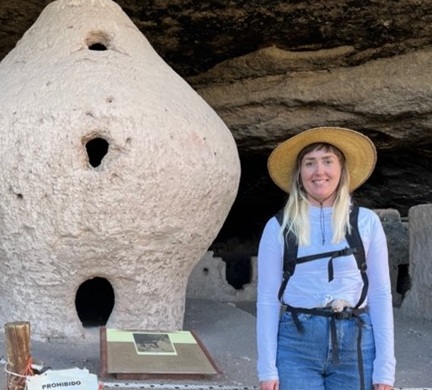
Tuesday Critz is a PhD student in the Anthropology Department at the University of Missouri– Columbia. She received her M.A. in Anthropology from New Mexico State University in 2025. Her research has largely focused on ceramic exchange and migration, using Neutron Activation Analysis (NAA), within the Jornada Mogollon region of New Mexico during the A.D. 1300s. She is also interested in the social implications of fermentation and brewing within the American Southwest and northwest Mexico.
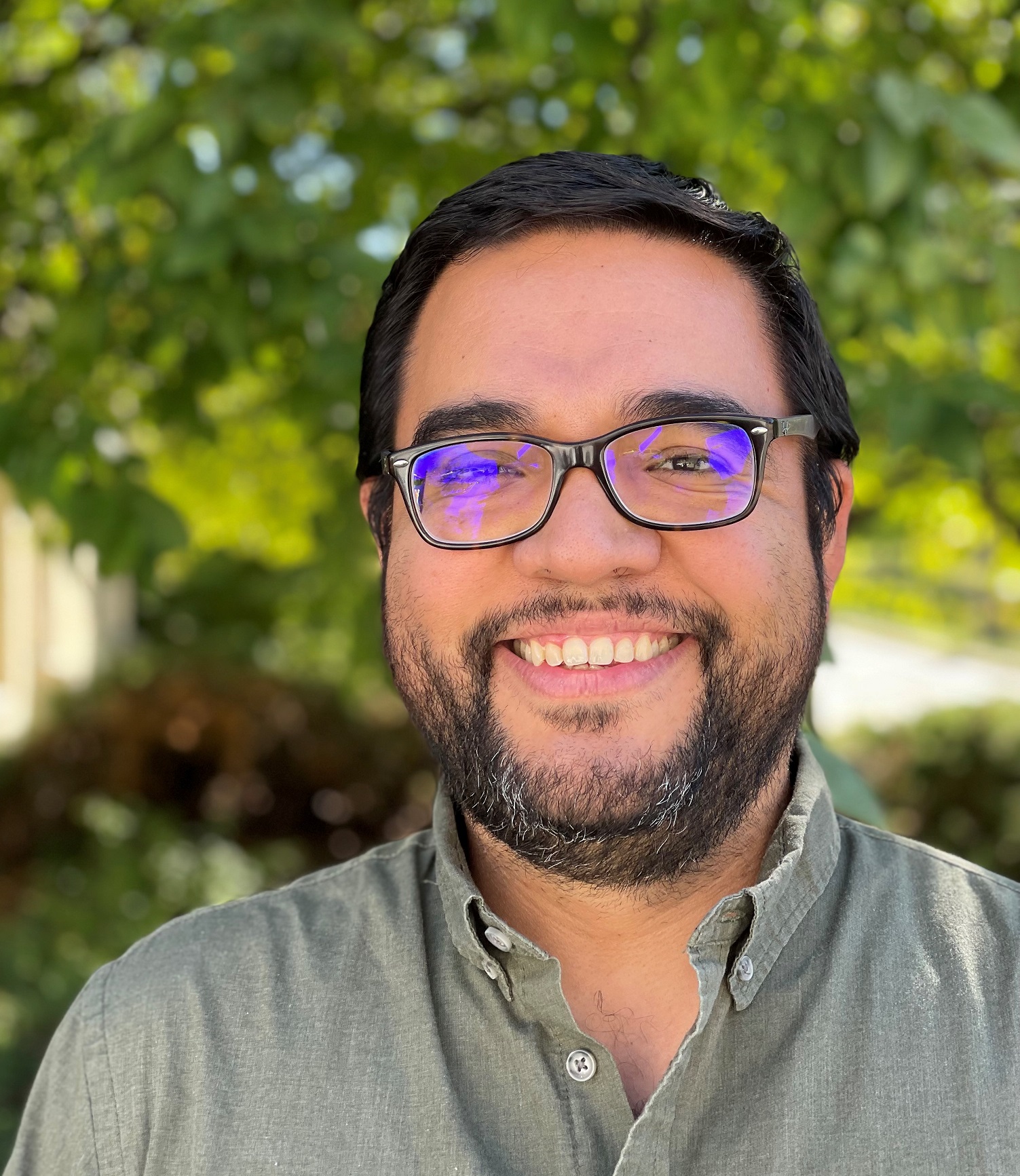
Alejandro J. Figueroa joined the Archaeometry Laboratory at MURR in 2021 as a National Science Foundation SBE Postdoctoral Research Fellow. His postdoctoral research focuses on investigating the various dimensions of ochre and obsidian exchange among small-scale societies in central Honduras. Using a number of specialized archaeometric techniques (NAA, pXRF, pRaman, and SEM-EDS) and a combination of field, collections, and laboratory work, this project is reconstructing the networks used to procure, distribute, and use these key geological resources. Ultimately, this research uses the long-term perspective provided by archaeology to better understand what exchange networks can tell us about how small-scale societies navigated the competing demands for (in)equality, reciprocity, cohesion, and conflict. Equally as important, Dr. Figueroa’s postdoctoral project provides opportunities for training and collaboration with students and researchers in Honduras and the US and local indigenous communities in the use and application of archaeometric techniques and in the study and protection of archaeological heritage.
Savannah Harris
Graduate Student - Anthropology
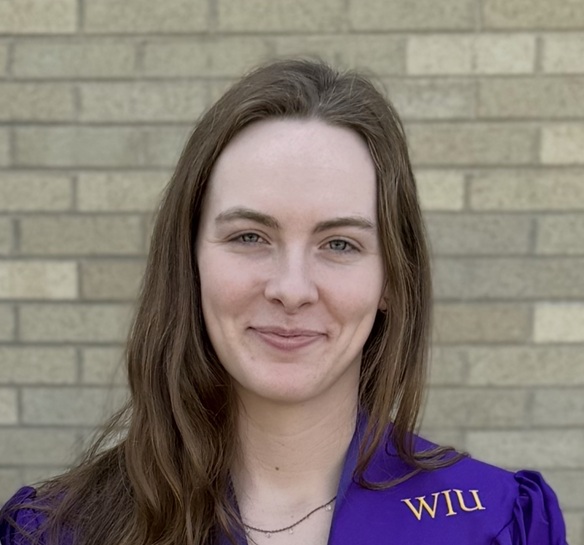
Savannah is a graduate student in the Anthropology department at the University of Missouri-Columbia. Her research focuses on ceramic production and how it reflects human interaction, behavior, and social organization in precontact societies of the Midwest.
Melissa Lyell
Undergraduate Student
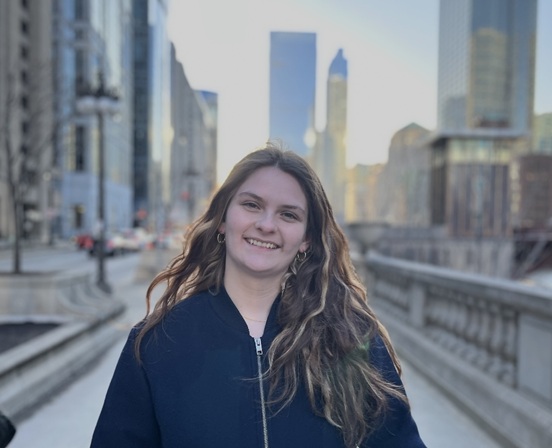
Melissa is a third year undergraduate anthropology student. In the archaeometry lab she works as a lab assistant preparing samples for NAA analysis. Additionally, she also works with MoDOT as a cultural resource management lab intern, where she analyzes late woodland Missouri lithics and ceramics.
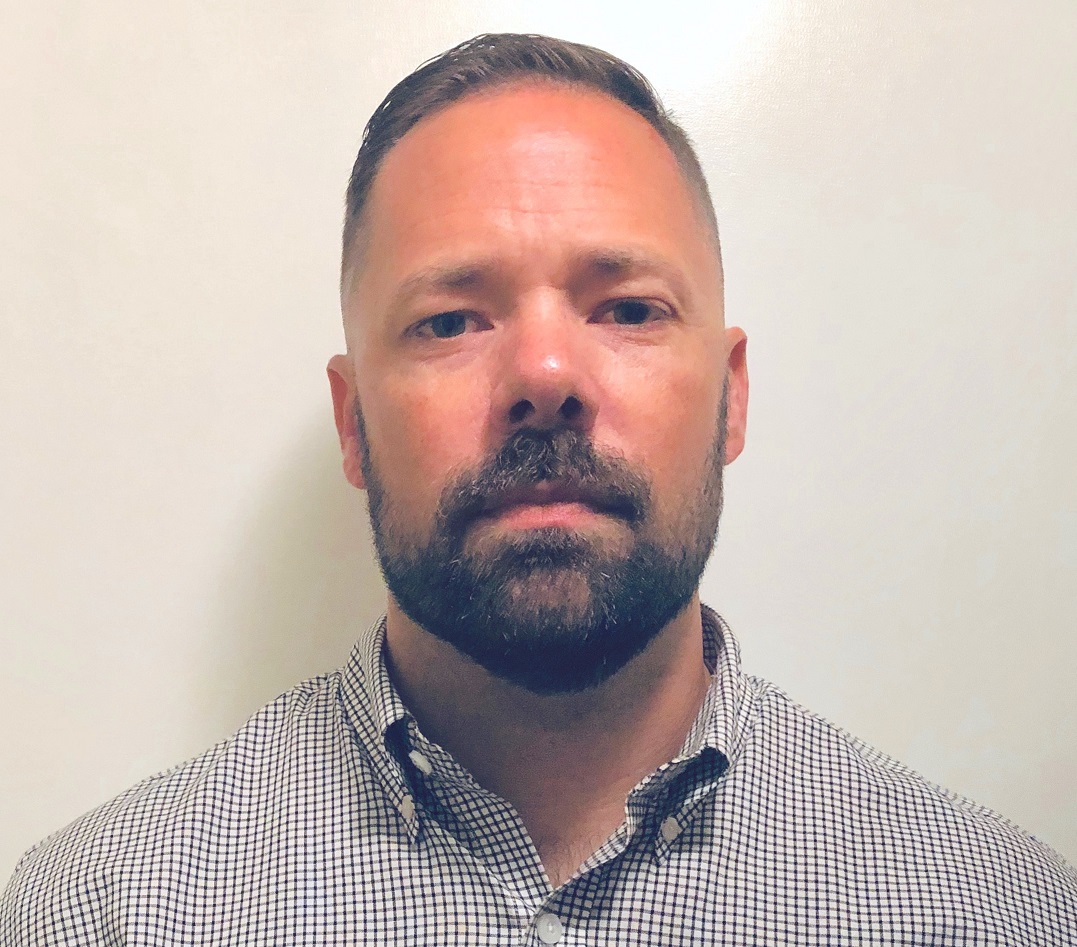
Lee’s research interests are focused on Mississippian period social exchange networks within St. Johns II contexts of late-prehistoric northeastern Florida.
Samantha Mahan
PhD Student - University of Missouri
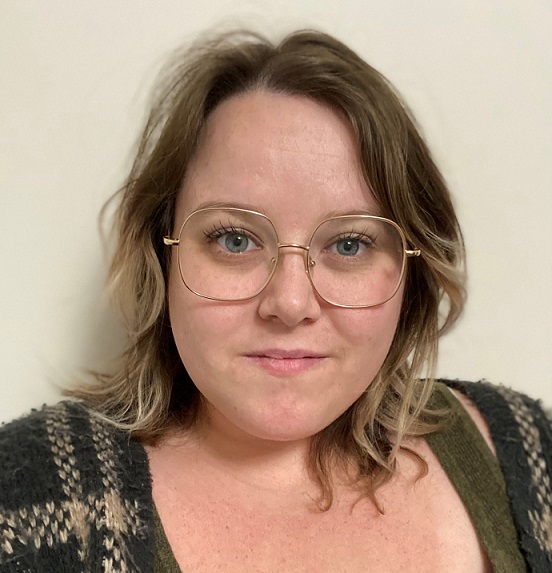
Samantha Mahan is a PhD student in the Chemistry Department at the University of Missouri–Columbia. Her research is focused on the applications of different analytical techniques to archaeological materials and how they can inform us on people in the past. One of her current projects is on the identification of iron oxide (ochre) pigments from rock arts site in Eswatini by SEM-EDS. Raman spectroscopy, and FTIR spectroscopy. Another interest of hers is organic analysis by various mass spectrometric methods, such as compositional analysis of binding media in rock art.
Mallory Moats
Undergraduate Student
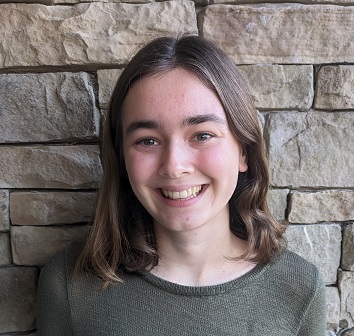
Mallory is a fourth-year undergraduate studying Chemistry with an emphasis in Archaeological Chemistry. At the Archaeometry Lab, she has worked as lab technician preparing vials for ICP-MS using clean room techniques and preparing pottery, ochre, and soil samples for NAA. Mallory is currently conducting research under Dr. Brandi MacDonald on ochre provenance and non-destructive analysis of museum collections. After graduation, she plans to continue her studies by pursuing either a MSc in Archaeological Science or a PhD in Chemistry.
Rachel Mueller
Undergraduate Student
Rachel is a sophomore majoring in Anthropology with a minor in Natural Resources Science and Management. She works in the Archaeometry lab as a laboratory assistant, preparing samples for analysis. She is also a Discovery Fellow with the Honors College as an undergraduate research assistant.
Caitlyn Pallas
Graduate Student – Classics, Archaeology, and Religion
caitlynpallas@missouri.edu
Department of Classics, Archaeology, and Religion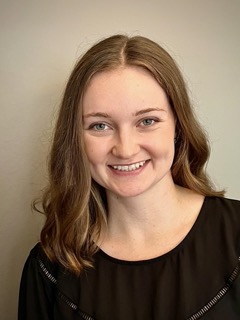
Caitlyn Pallas (she/her) is a PhD student in the Classics, Archaeology, and Religion Department at the University of Missouri–Columbia. Her research focuses on Roman concrete, particularly the composition and recipes used in the Late Republican and Early Imperial periods. Caitlyn uses a variety of techniques offered at the laboratory to investigate concrete, including that of NAA and Ramen spectroscopy. She has conducted fieldwork at the sites of Gabii and Pompeii.
Kayla Powers
Graduate Student – Anthropology
Kayla (she/they) is a first-year graduate student in the Anthropology Department at the University of Missouri-Columbia. Their research interests are centered on looking at economic networks as a potential survival strategy in the American Southwest.
Deepro Sanjid Qais
PhD Student - Chemistry
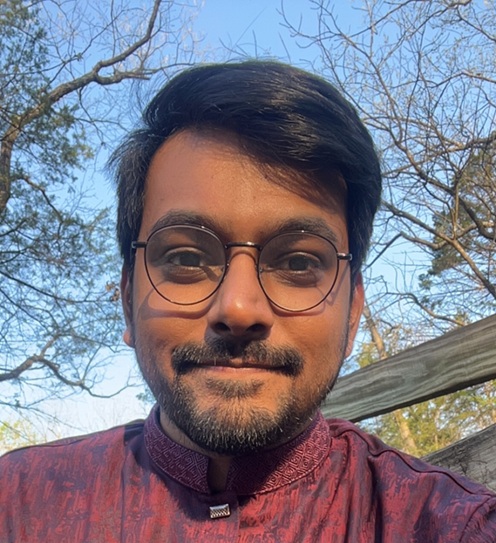
I am an MS in Analytical Chemistry and Chemistry PhD candidate in the Archaeometry lab at MURR. I specialize in mass spectrometry and its application in the world of Archaeology. My previous work was on compositional analysis of glass beads from Missouri using laser ablation-inductively coupled plasma-mass spectrometry (LA-ICP-MS). Currently I am working on isotopic analysis using multi-collector-ICPMS (MC-ICP-MS) to study armor samples from Lorestan and optimizing forced ion beam-secondary ionization- mass spectrometry (FIB-SIMS) for elemental analysis of different kinds of archeological samples.
